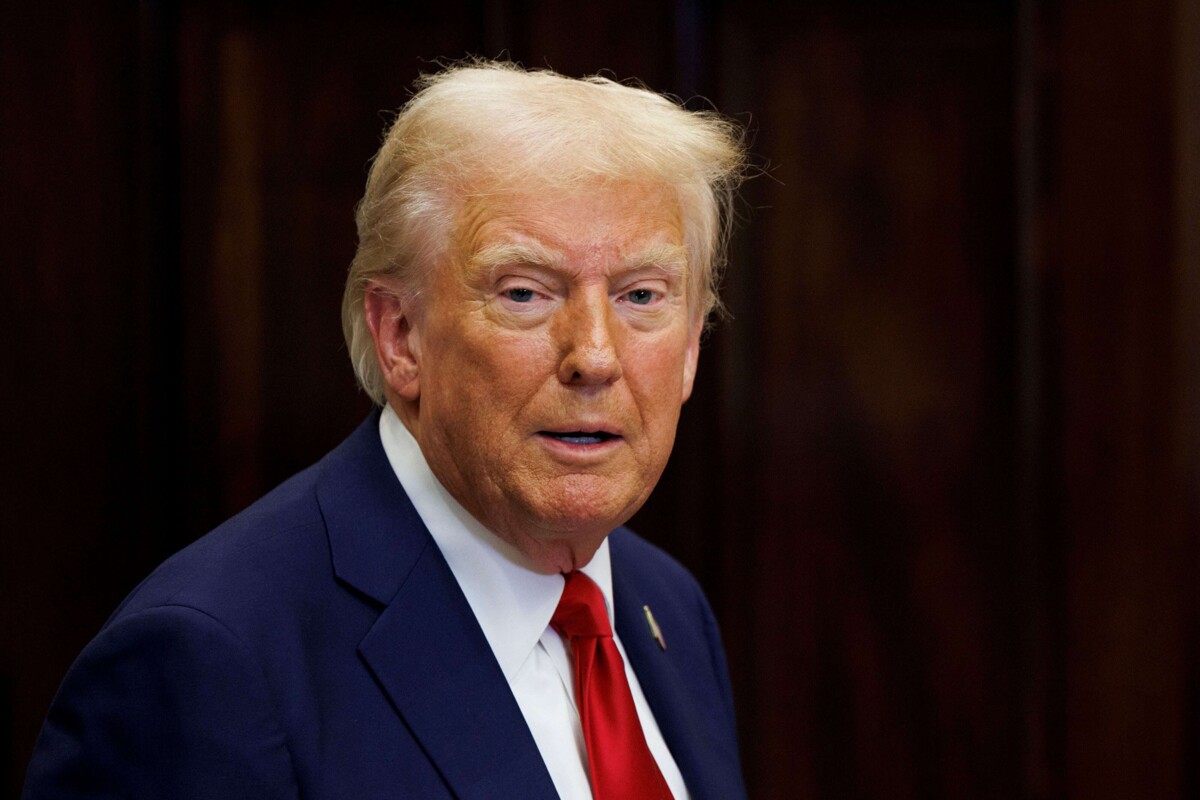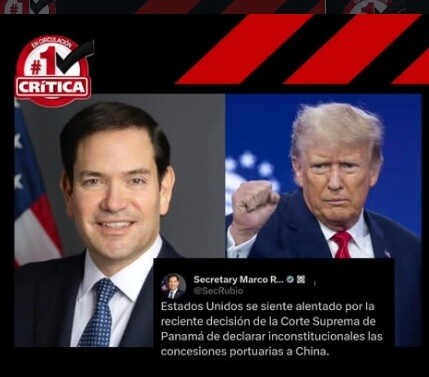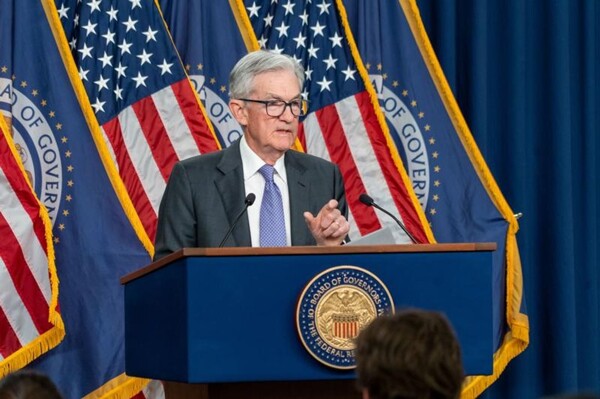
In the realm of international law, there are no agreements, institutions, or laws that can stop the bellicose Trump if he decides to invade Panama or Greenland, order illegal raids, or violate Article 14 of the constitution that establishes who is a citizen. The question that arises is how to stop Trump.
Regarding "Trump, the negotiator," often his priorities do not necessarily align with the strategic interests of U.S. citizens. Over the next four years, Trump is not concerned with lawsuits, trials, or investigations against him. When negotiating with figures like Trump, it is essential to understand the real interests of the president.
It is understood that it is the responsibility of presidents to stop the threat of European interventionism. It is ironic that the "Donroe Doctrine" seems to have evolved into an imperialist MAGA policy, with Trump mentioning the vision of "manifest destiny," a 19th-century concept that promotes the territorial expansion of the United States.
Recently, the U.S. Supreme Court issued a decision in the case "Trump v. United States (2024)," granting sitting presidents nearly absolute immunity from investigations and trials for official acts.
Before taking office, the New York Post titled "Donroe Doctrine," making a play on the "Monroe Doctrine" related to Trump. To negotiate with Trump, it is crucial to consider that his main interests often lie in benefiting his businesses and promoting his image.
Trump is promoting an "imperialist" foreign policy reminiscent of the past, alluding to the Monroe Doctrine of 1823. Although Greenland is not part of the American hemisphere, it has been included on the map under the name "Our Land." So far, Trump has not expressed intentions to annex Mexico.
Populist-fascist governments, like that of Trump, often dismiss the separation of powers and the rule of law. The proposed foreign policy seeks to fulfill Trump's psychological needs and "ego," promoting his image as a "strong man." In this scenario, the response would be to negotiate to avoid illegal or interventionist actions.














